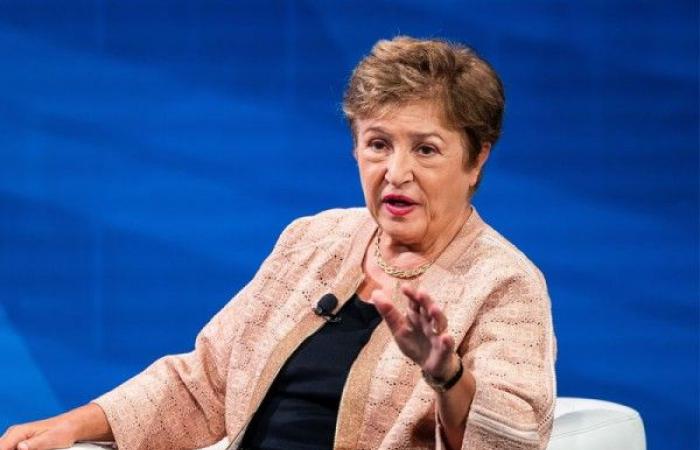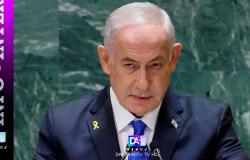This measure, recommended by Donald Trump, would “push prices up while we are still trying to reduce inflation,” laments general director Kristalina Georgieva.
The Managing Director of the International Monetary Fund (IMF), Kristalina Georgieva, expressed concern on Tuesday, questioned on the CNBC channel, about the consequences of an increase in customs duties in the United States, which according to her would lead to an increase in prices in to the detriment of American consumers.
For Ms. Georgieva, an increase in customs duties, which is one of the economic measures recommended by Republican candidate Donald Trump to finance the tax cuts that he is also considering, “would push prices upwards while we is still trying to reduce inflation.
Among the consequences of an increase in tariffs, “there is a 75% probability (that a targeted country) will apply one in turn,” insisted the head of the IMF.
“The risk is to see prices increase in the United States and hit consumers, in particular the poorest families, but also that American companies will be the target of retaliatory measures,” added Kristalina Georgieva.
The former US president, who is opposed to Democratic Vice-President Kamala Harris, wants to increase all customs duties by “more than 10%” if he returns to the White House in order to finance a “large reduction taxes for the middle class, the upper class, the lower class, the business class.
It also plans to go well beyond for a certain number of products or for certain countries, first targeting China, with which the United States still has a very negative trade balance.
The United States is emerging from a period of high inflation, like the rest of the world, a consequence of the period following the Covid-19 epidemic and the restart of the global economy, inflation which reached up to 9.5% annually, its highest level since the early 1980s.
The Federal Reserve (Fed) lowered its rates for the first time at its last meeting in mid-September, estimating that the rise in prices was returning to its target of 2% increase per year.
THE IMF, for its part, has repeatedly repeated that the priority is to control inflation, due to its impact on purchasing power and the risk of a slowdown in the economy that it entails.
According to Ms. Georgieva, the United States seems well on its way to “a soft landing” but “we must remain vigilant because we are in a turbulent world. We believe that inflation has been defeated and that central banks have been successful, but we must remain attentive.






